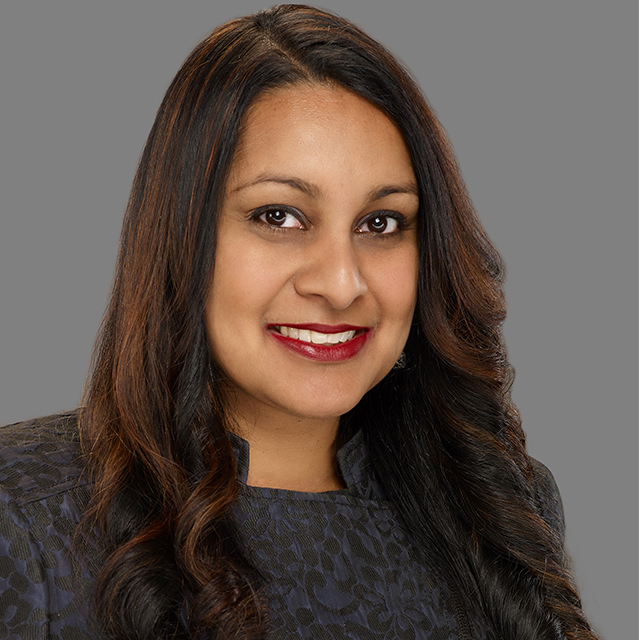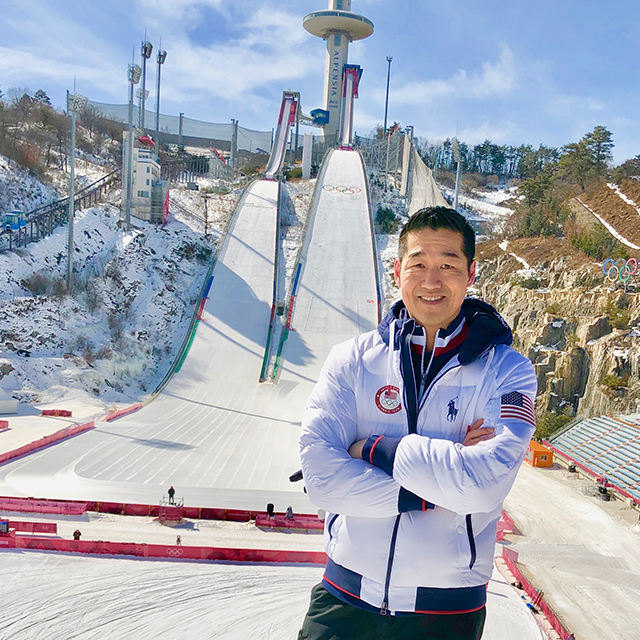Curiosity and a passion for learning led Tonya Matthews (Ph.D., ’06) to explore the DNA of inner ear hair cells as a biomedical engineering graduate student. Since then, however, her desire to inspire scientific interests in students has brought her to head programs at museums in Baltimore, Cincinnati and Detroit.
“I really loved not just figuring out how to use basic research but how to translate it, how to get other people to think it was as cool as I did,” she says.
Now, her career path has taken another twist. As the president and CEO tasked to open the International African American Museum (IAAM) in Charleston, South Carolina, Matthews is dedicated to telling “the full story of the African American journey, from ancient African civilization to modern day.”
Slated to open on June 27, the museum is located on Gadsden’s Wharf, the site where tens of thousands of Africans were sold into slavery when they reached American soil. The museum will include nine galleries as well as the Center for Family History, a genealogy center with a specialty in African American ancestry.
History has been a lifelong interest for Matthews, who received a certificate in African/African American studies at Duke University while earning her undergraduate degree in biomedical and electrical engineering.
During her graduate school years, Matthews volunteered at the Maryland Science Center before managing the biomedical science intern program and the biology and biotechnology exhibition space. “I remain grateful to Hopkins for encouraging graduate students to look outside the lab just a little and figure out how to be a part of the community,” she says.
Prior to joining IAAM in 2021, Matthews served as associate provost for inclusive workforce development and director of the STEM Innovation Learning Center at Wayne State University, as president and CEO of the Michigan Science Center, and as vice president of the Cincinnati Museum Center at Union Terminal. Along the way, she founded the STEMinista Project to engage and educate girls about futures in STEM careers and STEMinista Rising to support professional women in STEM, with an inclusive emphasis on women of color.
Now, she intends to help museum visitors learn about the “intersectionality of cultures” shared by communities throughout the African diaspora. For IAAM, that storytelling begins in an open-access outdoor memorial garden to African ancestors. “Folks can just wander in, which means more people will engage with the space that was Gadsden’s Wharf,” she says. “I like to say that we’re creating random acts of accidental education daily.”



